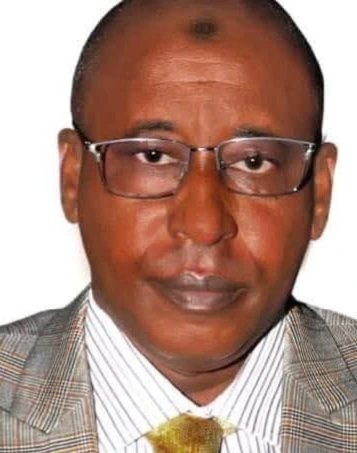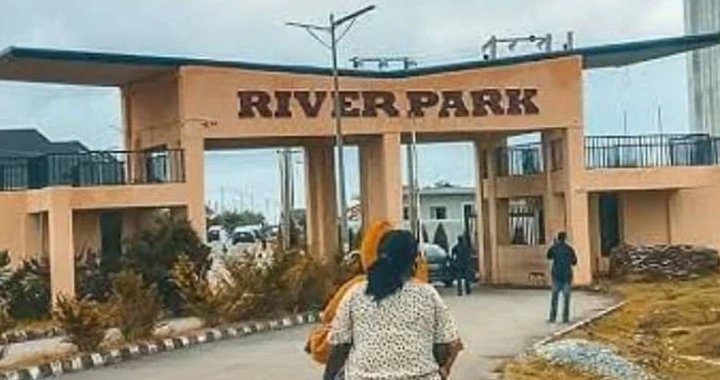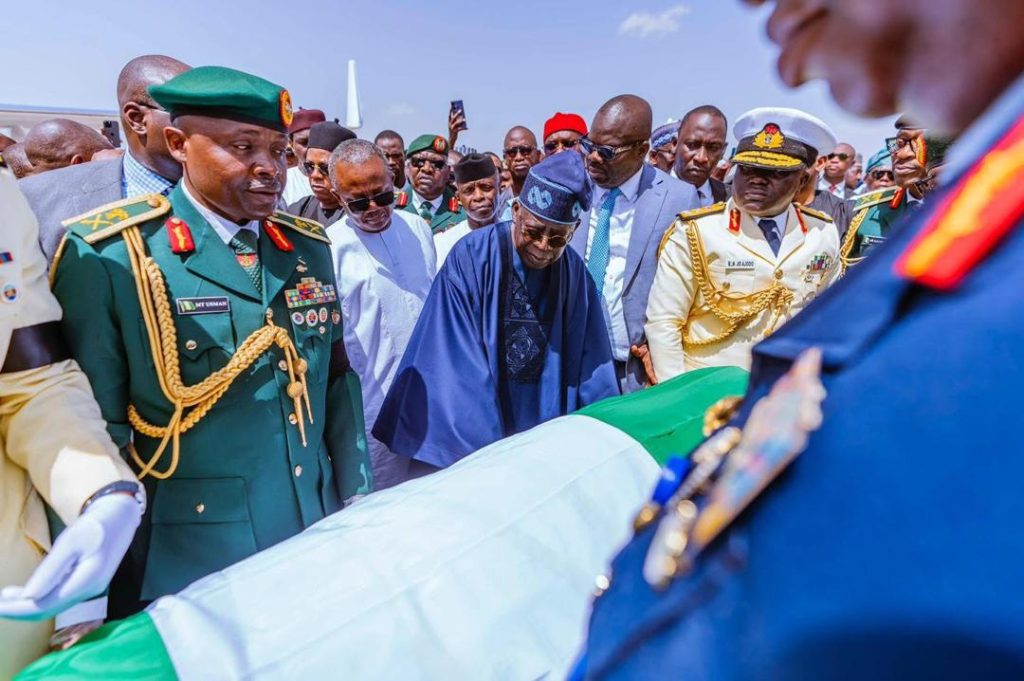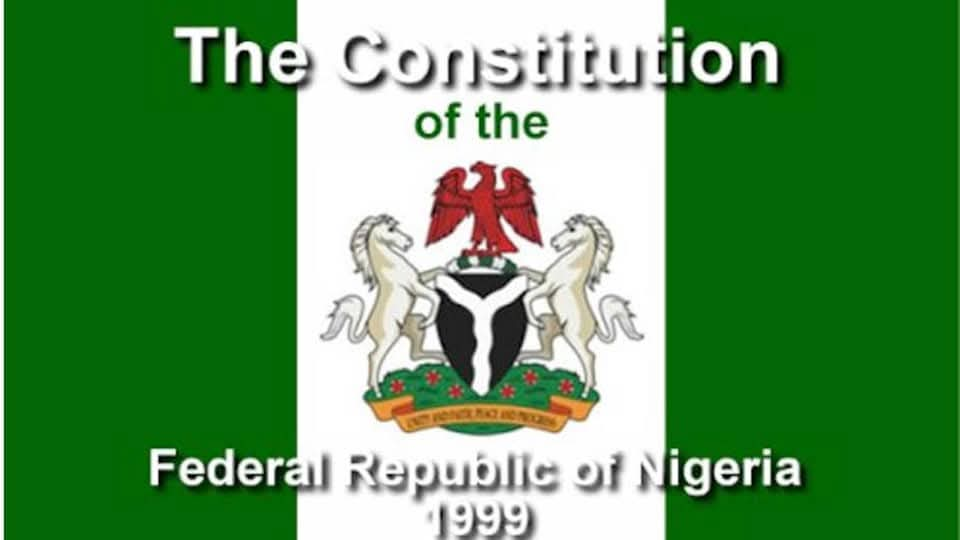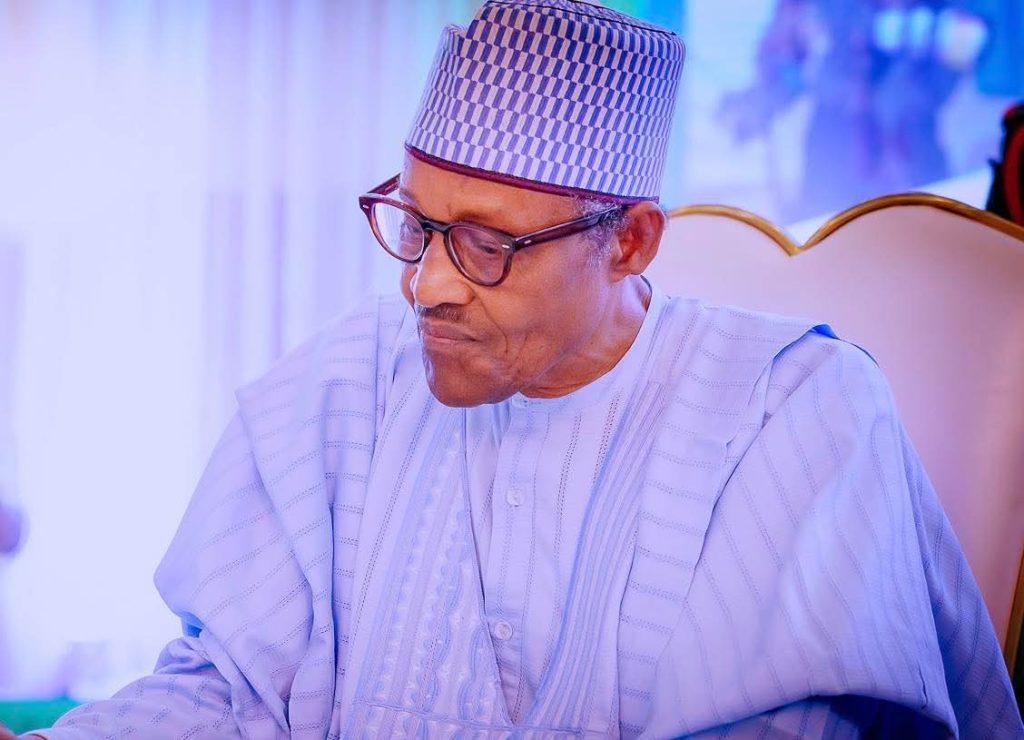Africa
The youngest Presidents/Heads of State in Africa

Africa has witnessed a significant shift in its political leadership landscape in recent years, with a new generation of leaders emerging to take the reins.
From military officers who have seized power through coups to democratically elected reformers, these leaders are shaping the future of the continent in profound ways.
One of the most prominent figures in this new wave of leadership is Captain Ibrahim Traoré of Burkina Faso, who, at just 36 years old, became Africa’s youngest head of state after leading a coup in September 2022.
 Traoré’s rise to power underscores the deep instability in the Sahel region, where jihadist insurgencies and political turmoil have created a volatile environment.
Traoré’s rise to power underscores the deep instability in the Sahel region, where jihadist insurgencies and political turmoil have created a volatile environment.
As a military officer, Traoré has focused on strengthening Burkina Faso’s security forces and redefining the country’s foreign policy, notably distancing itself from France while forging closer ties with Russia.
His leadership is a reflection of the broader trend in the Sahel, where young military leaders are stepping into power vacuums, often promising to restore order but facing skepticism about their long-term commitment to democratic governance.
In Chad, Mahamat Déby, the 40-year-old transitional president, has been navigating a delicate political transition since assuming power in April 2021 following the death of his father, President Idriss Déby.
 A four-star general, Mahamat Déby heads the Transitional Military Council and has pledged to return the country to civilian rule.
A four-star general, Mahamat Déby heads the Transitional Military Council and has pledged to return the country to civilian rule.
However, his timeline has been met with criticism, and his leadership is challenged by internal dissent and regional security threats, including the persistent menace of Boko Haram.
Despite these challenges, Déby has worked to maintain Chad’s regional alliances, particularly with France and the African Union, while initiating a national dialogue aimed at paving the way for elections.
His ability to balance military authority with the demands for democratic reform will be crucial in determining Chad’s future.
Similarly, in Mali, General Assimi Goïta, aged 41, has been at the helm of the country’s transitional government since May 2021.  Goïta first rose to prominence after leading a coup in August 2020 that ousted President Ibrahim Boubacar Keïta, and he later consolidated his power by removing interim president Bah Ndaw.
Goïta first rose to prominence after leading a coup in August 2020 that ousted President Ibrahim Boubacar Keïta, and he later consolidated his power by removing interim president Bah Ndaw.
His leadership has been marked by tensions with regional and international actors, particularly over the delayed transition to civilian rule.
Goïta has sought to strengthen Mali’s ties with Russia, notably through the Wagner Group, while reducing French influence in the country.
However, his government continues to grapple with a persistent jihadist insurgency and the challenge of restoring stability in a nation long plagued by conflict.
In Guinea, General Mamady Doumbouya, aged 44, has been leading the country since September 2021, when he ousted President Alpha Condé in a coup.
Condé’s controversial bid for a third term had sparked widespread protests, and Doumbouya, a former French Foreign Legionnaire, positioned himself as a reformer committed to ending corruption and restoring democratic rule. However, his transitional government has faced criticism for delays in holding elections and for the military’s continued dominance in politics.
However, his transitional government has faced criticism for delays in holding elections and for the military’s continued dominance in politics.
Doumbouya has focused on anti-corruption measures and reforms in Guinea’s mining sector, which is critical to the country’s economy.
In Senegal, Bassirou Diomaye Faye, aged 44, represents a different path to power.
Elected in 2024, Faye’s victory marked a significant shift in Senegalese politics, as he defeated incumbent President Macky Sall and emerged as a symbol of change.
A former tax inspector and political outsider, Faye campaigned on a platform of anti-corruption, economic reform, and youth empowerment.
His presidency has been seen as a breath of fresh air in a region often dominated by long-serving leaders.
However, Faye faces significant challenges, including high youth unemployment and the need to balance foreign investment with local development.
His focus on economic diversification and regional cooperation will be critical in addressing these issues.
Ethiopia’s Prime Minister Abiy Ahmed, aged 47, has been a transformative figure since taking office in 2018.
Initially celebrated for his reformist agenda and for ending the long-standing conflict with Eritrea, which earned him the Nobel Peace Prize in 2019, Abiy’s tenure has also been marked by significant challenges.
The Tigray conflict, which erupted in 2020, has been a major setback, exposing deep ethnic divisions and threatening the stability of Africa’s second-most populous nation.
Despite these challenges, Abiy has pursued ambitious infrastructure projects, such as the Grand Ethiopian Renaissance Dam, and has sought to promote economic liberalization and post-conflict reconciliation.
His leadership will be crucial in determining whether Ethiopia can overcome its internal divisions and realize its potential as a regional powerhouse.
In Mozambique, Daniel Chapo, aged 47, assumed the presidency in January 2025 following a contentious election.
A former governor of Inhambane Province, Chapo represents the ruling FRELIMO party and has pledged to unite the country after a disputed electoral process.

Chapo
His presidency comes at a critical time for Mozambique, which faces an insurgency in the Cabo Delgado region, economic inequality, and the challenge of managing its vast natural gas reserves responsibly.
Chapo has prioritized security sector reform and economic diversification, aiming to position Mozambique as a key player in the Southern African Development Community (SADC).
Finally, in Madagascar, Andry Rajoelina, aged 50, has been a prominent figure since first coming to power in 2009.
Re-elected in 2018, Rajoelina has positioned himself as a reformist leader focused on modernization and infrastructure development.
His presidency has been marked by efforts to promote economic growth, improve infrastructure, and address environmental challenges.
However, Madagascar continues to face significant issues, including poverty and political instability, which Rajoelina must address to secure his legacy.
These young leaders, despite their diverse paths to power, share a common mission: to address the complex challenges facing their nations and to shape the future of Africa.
Whether through military coups or democratic elections, they have taken on the immense responsibility of leading their countries through periods of transition and uncertainty.
For Diaspora Digital Media Updates click on Whatsapp, or Telegram. For eyewitness accounts/ reports/ articles, write to: citizenreports@diasporadigitalmedia.com. Follow us on X (Fomerly Twitter) or Facebook



